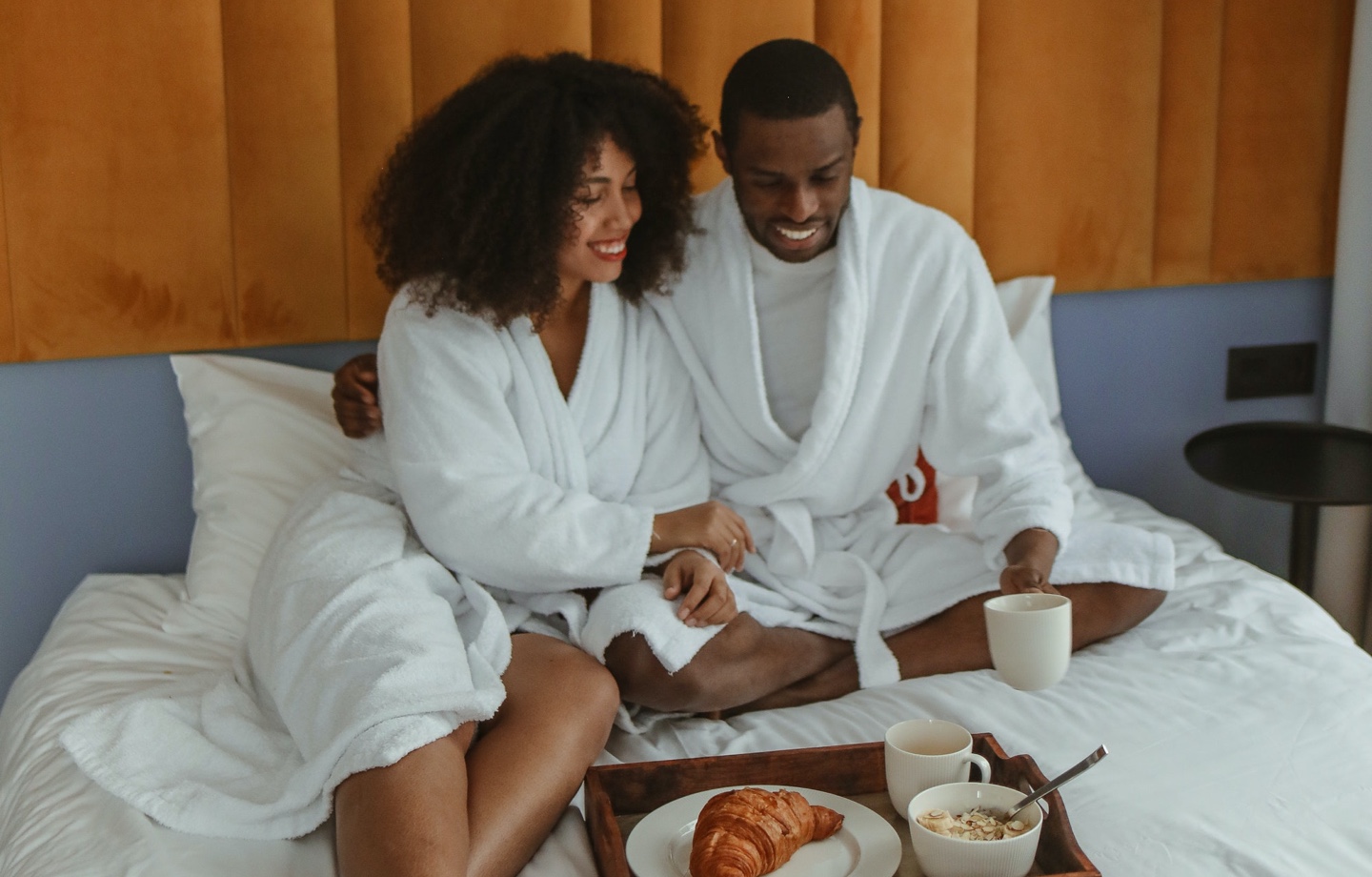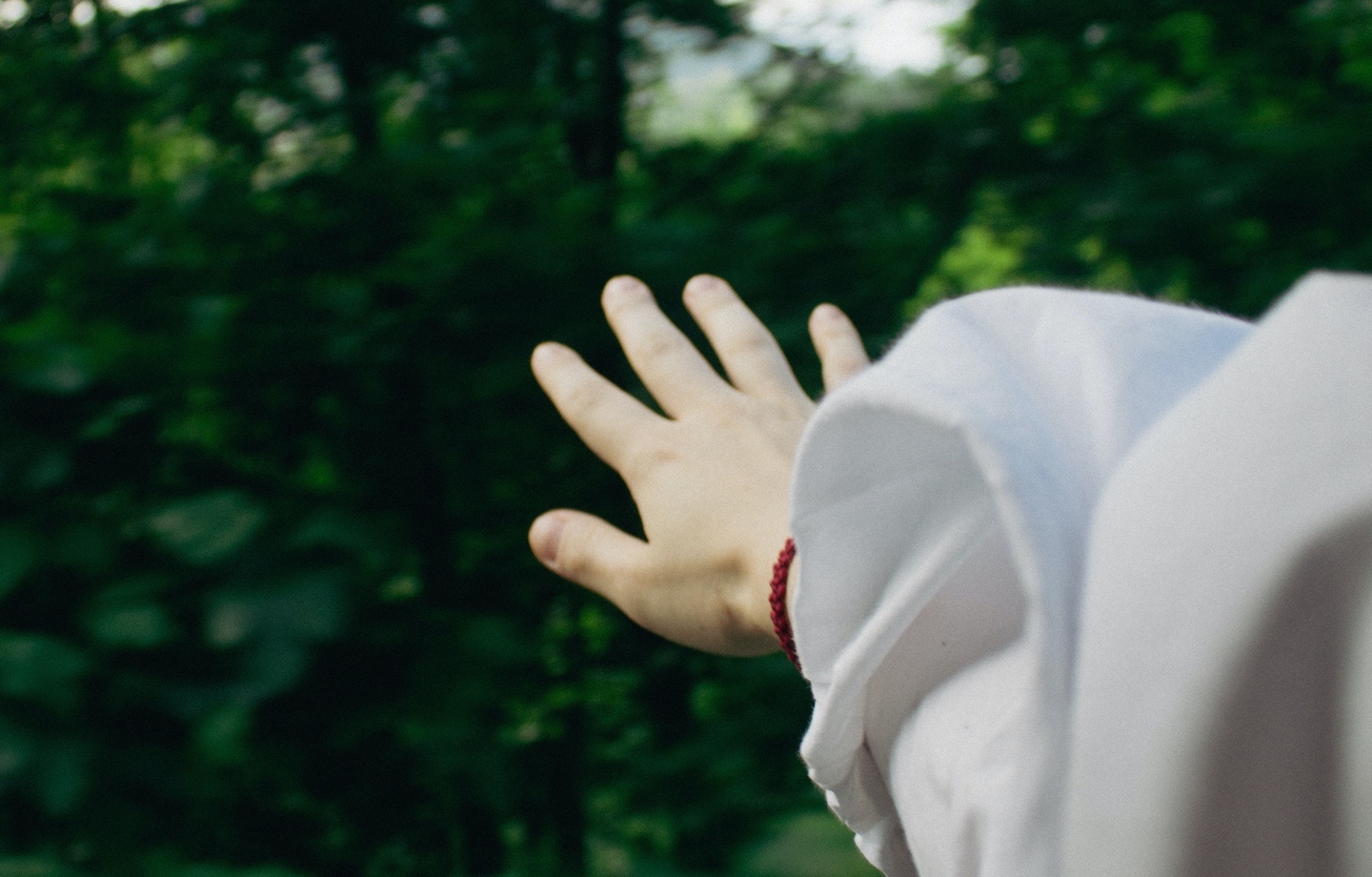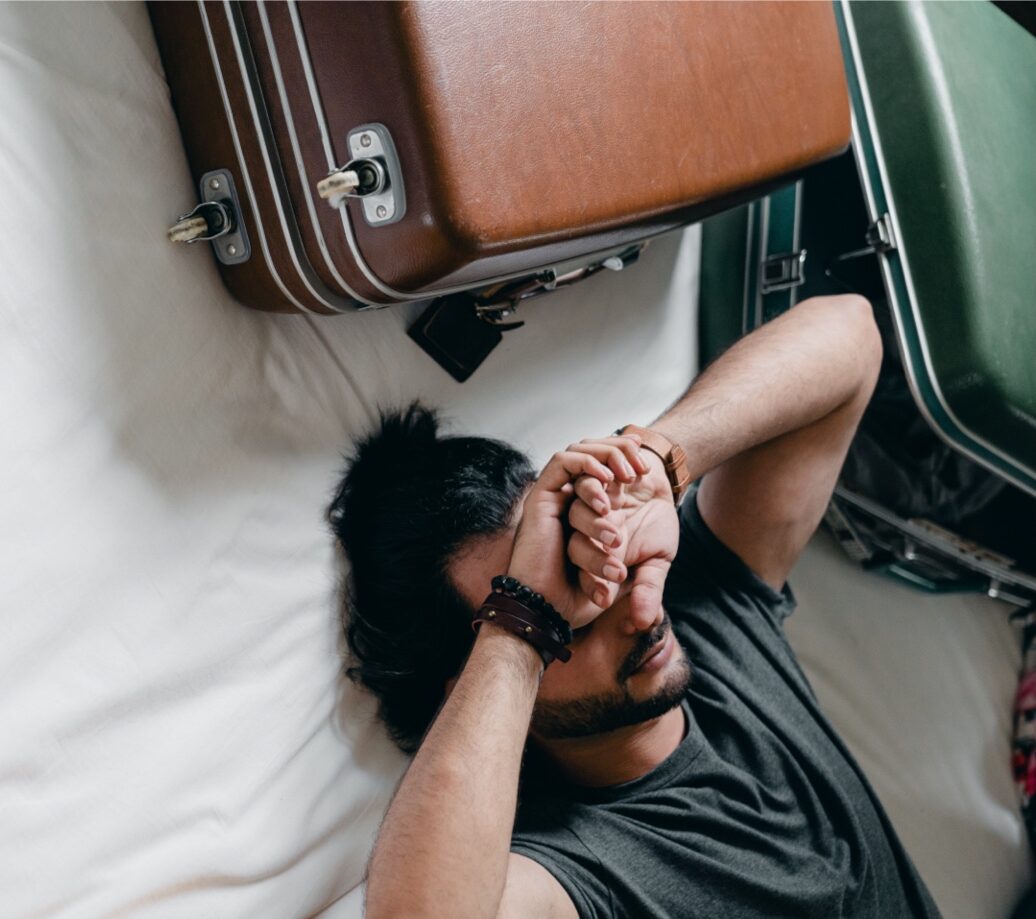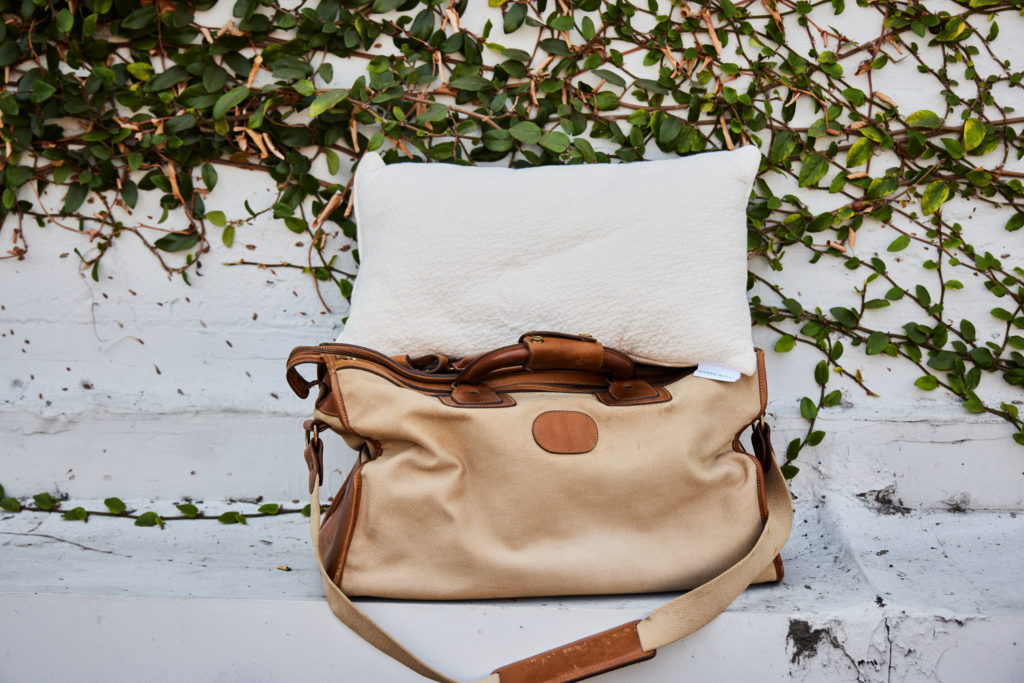The right pillow, a sleep mask, and earplugs are key to getting great sleep when on vacation.
I’m one of those travelers who you might call an overzealous planner. In my effort to make the most of my trip, every minute is accounted for, and my itinerary is packed to the brim with tourist attractions, little-known local haunts, and tons of delicious food. A good night’s sleep, however, often takes a backseat.
While a change in scenery is energizing, it can also disrupt your regular bedtime routine. The downside, of course, is that sleep is crucial to your health and happiness. Just one night of poor sleep can throw off mental and physical functions, preventing you from enjoying your vacation or knocking a presentation out of the park on a business trip.
There are two common causes for lack of sleep when away from home: first-night effect and jet lag. When we hit the hay in an unfamiliar place, our brain’s instinct is to stand guard as a protective mechanism, resulting in more frequent wakings and deterring us from falling into a deep slumber. This phenomenon is called the first-night effect.
Jet lag — categorized as a circadian rhythm disorder — occurs when one’s internal clock becomes misaligned with the daytime and nighttime cycle at the destination, causing symptoms of insomnia, drowsiness, and headache and stomach aches. Most people experience jet lag when flying over more than two time zones.
These sleep problems, although temporary, can impact your trip and dampen your spirits. To ensure you get quality shuteye on the go, plan ahead, pack strategically, and tune into your senses to create an optimal sleep environment and recharge for the adventures ahead.
Here’s how to sleep better when traveling.

Read more: 7 Sustainable Travel Tips For Conscious Adventurers
Our body’s sleep-wake cycle syncs with the sunlight, so exposure to natural light is key to regulating our body’s sleep pattern. After arriving at your destination, spend some time in the sun. Whether you go for a walk or sip drinks on a patio, the extra daylight will reset your circadian rhythm allowing you to drift off more easily.
On the other hand, darkness is just as important as light. So pack a sleep mask and put them to use when you’re ready for a snooze. The darkness will stimulate your brain’s production of melatonin, a hormone that helps lull you into deep sleep.
Read more: Why Morning Light Is Fundamental to Wellness
The right pillow is essential to good sleep, but there is no one-size-fit-all. Using the wrong pillow can all lead to poor posture, neck pains and poor health in the long run. Here’s a handy guide to determine which pillow is right for you.
Of course, to guarantee maximum comfort, bring your own pillow on your trip. This certified organic mini pillow is lightweight and packable — the perfect companion to cozy up with during a flight or on the go. If you have extra space in your luggage, don’t forget to pack soft modal pajamas that you can slip into before hitting the sack.
Footsteps in the hallway, chatter from next door, or the humming of a mini fridge in a hotel room can all contribute to a night of tossing and turning. Not only can noise make it difficult to fall asleep, it can also cause sleep interruptions. Research shows nighttime noise may cause extra production of adrenaline and cortisol, which are associated with insomnia and increased heart rate.
To minimize noise distractions, bring along earplugs or noise-canceling earphones. If hearing protectors don’t work for you, try relaxing music or a guided meditation to calm your senses. There are also white noise apps that can help block out ambient sounds, allowing you to drift into a peaceful slumber.
Read more: Our Favorite Meditation Apps
In addition to minimizing the noise in our sleep environment, paying attention to what we ingest is essential to solid slumber. The next time you pass through the airport cafe, think twice before grabbing a coffee — if you plan to go to bed within at least six hours the caffeine could make it difficult to drift off. The same goes for alcohol. To avoid hindered sleep, indulge several hours before bed.
And for the first day or two of travel, steer clear of heavy or spicy foods to prevent stomach issues that may impact your sleep. Instead, choose foods rich in protein and omega-3 fatty acids, such as yogurt and eggs, which can improve the quality of your rest and help you fall asleep faster. Be mindful of what you eat, and your body will thank you later.

Read more: How Food and Alcohol Affect Sleep
When creating an optimal environment for sleep, don’t neglect your sense of smell. Utilize scents like lavender, chamomile, and bergamot to promote relaxation at the end of the day. Carry these comforting scents with you in a travel-size bottle, a sachet, or a roll-on. (My favorite is the Sleep Well roll-on!) Another great option is to pack a portable diffuser, which will transform any room into a serene sanctuary.
Have feedback on our story? Email [email protected] to let us know what you think?

Shop Pillows
The Essential Organic Pillow Collection
Gentle, breathable, non-toxic support.








